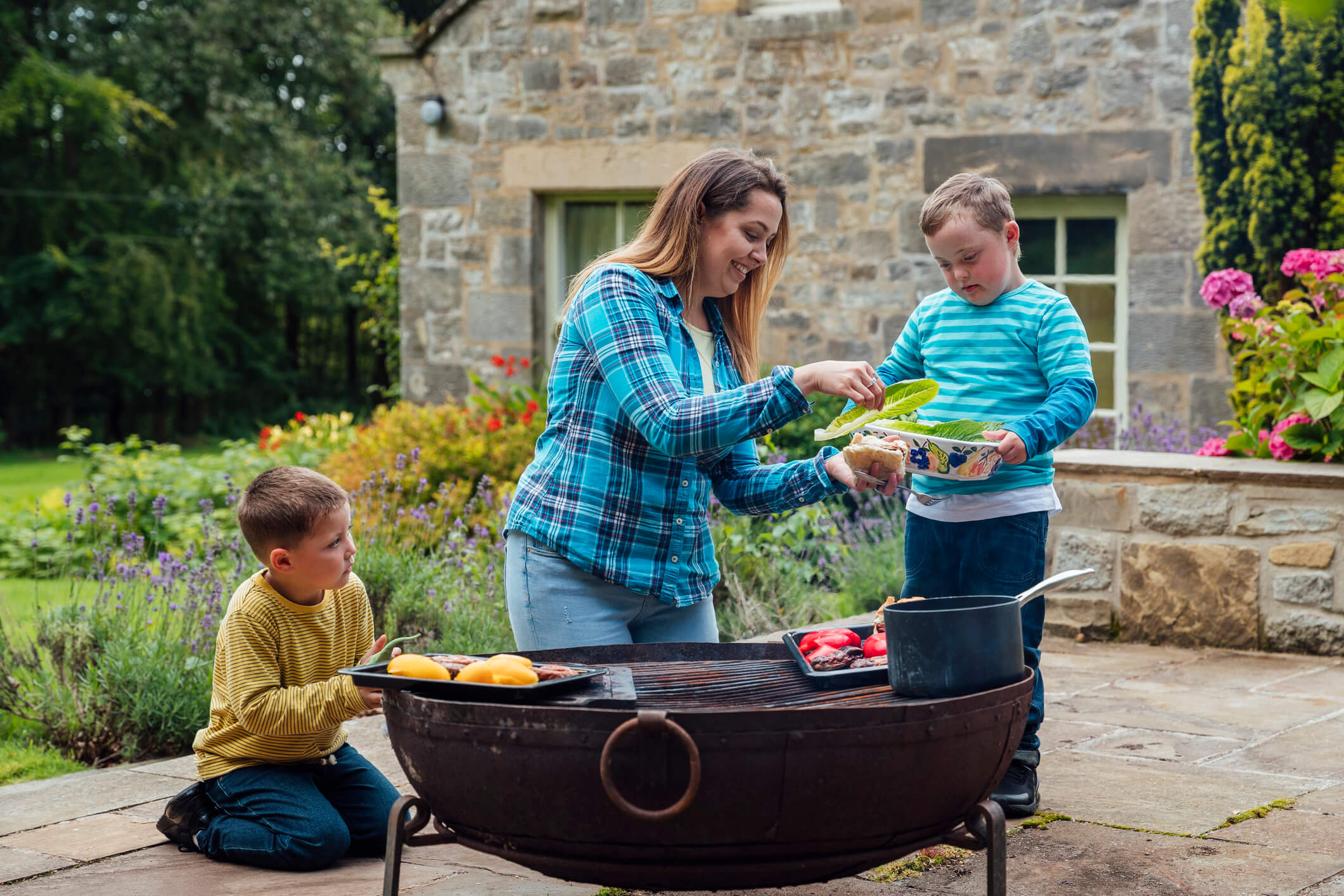There is no one roadmap parents must take in helping their children with learning disabilities achieve success in life. Each child’s personality, situation, and upbringing are different, and that means the paths taken will be as unique and varied as the children themselves. That said, parents can of course play a proactive role — one that shows great love and nurturing for their child while also giving them the tools needed to find greater independence, social skills, and promise. However, don’t feel that this is all on you; friends, mentors, and schools all play an important role in how students with disabilities grow. Below, find some key, healthy, and accomplishable ways in which parents can set their children up for success.
1 Find the Right School
A strong match between school and child can unlock your child’s potential, so finding the right school for their children with learning disabilities is just one major step parents can take in paving the road toward success in life. Parents should take tours of schools, ask thorough questions, and bring their child along to get a good vibe check. Lead with your child’s happiness, and find programs that bring out their interests. Most importantly, find a school that offers diverse transition programs, and bridging opportunities that integrate your child with the community to help best prepare them for life beyond the classroom.
2 Celebrate Your Child’s Hobbies
From an early age, your child may discover and hone interests. Encourage and cultivate that passion — participate alongside them, and find outlets for these hobbies. Your child may have an interest in painting, soccer, gardening, or singing. Find schools that offer these activities and more so that they can capitalize on their interests while developing skills and hobbies that can be transferred into potential job skills that can be used in adulthood.
3 Keep in Touch with Educators
Teachers work not only with students with disabilities but also with their parents — they are a chief resource to utilize, and one that provides a direct channel toward learning how your child is developing. Feel free to request conferences, ask questions, and stay involved so that you can understand how your child learns best. All children will learn differently, instructional approaches can be blended and tailored to maximize your child’s education and development. Keeping in touch with your child’s educators will help you better understand how they are functioning in the educational setting.
4 Check in With Your Child
Making sure your child eats well, gets enough sleep, and stays active are all important, but needs also go beyond the physical. Get a sense of your child’s mood by asking questions; particularly about what brings them joy and what makes them upset. Both are learning opportunities: the former will dictate how to reward your students with disabilities or bring out their passions and the latter presents obstacles that you can work through together.
5 Emphasize Healthy Habits and Real-World Skills
Your child’s success in life goes beyond the school day. Involving your child in daily chores, such as making their bed, assisting in the kitchen and/or other household tasks, are ways to build healthy habits. Caring for a garden or helping to maintain a healthy lawn involves skills that can prove useful well into adulthood. All of these activities can be the building blocks that will help your child learn how to be more self-sufficient and mature as well as develop skills they can use to be successful in life…

